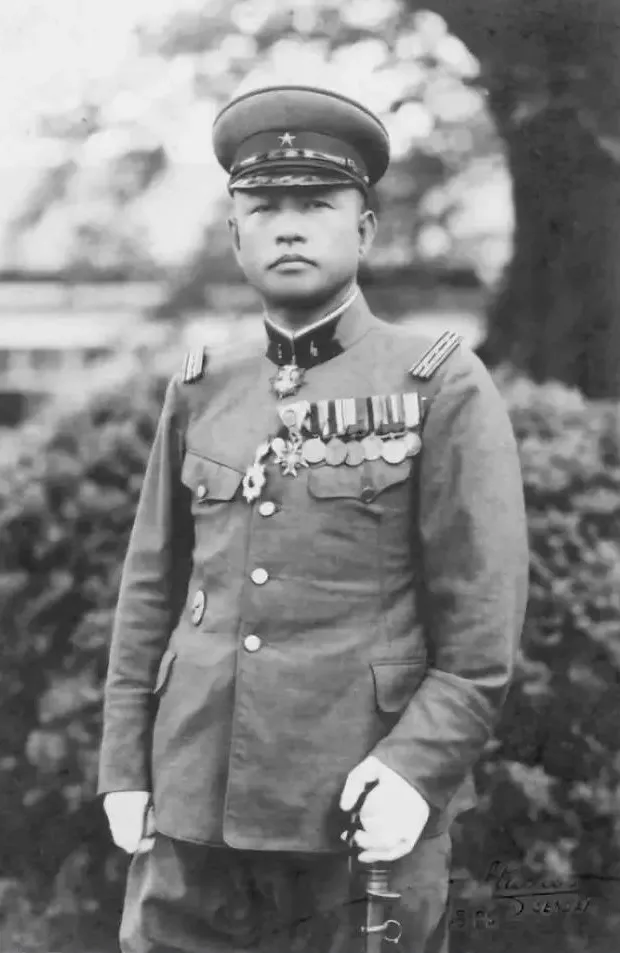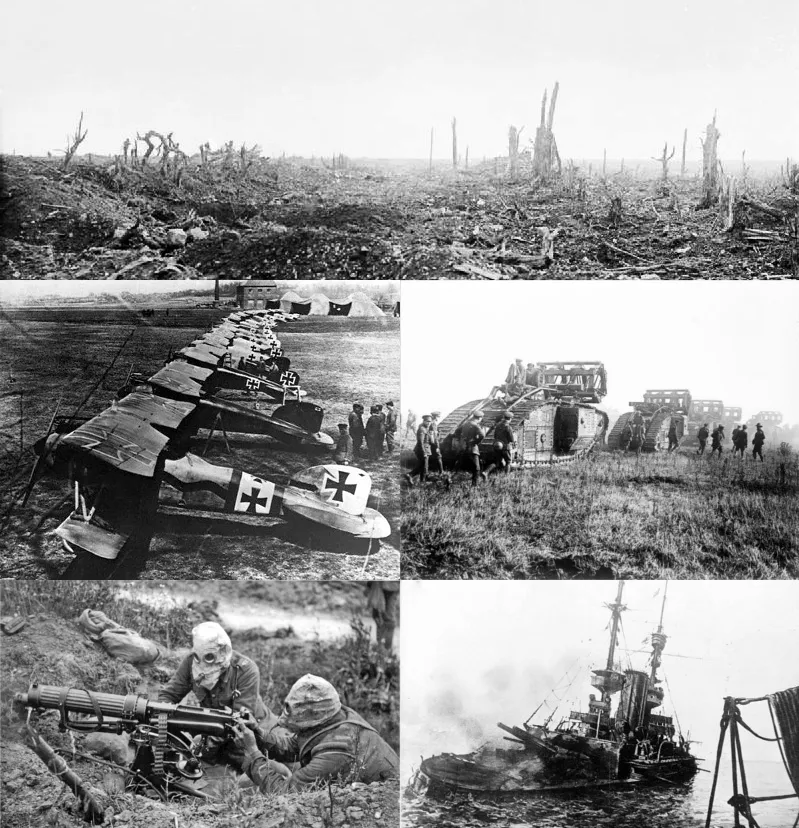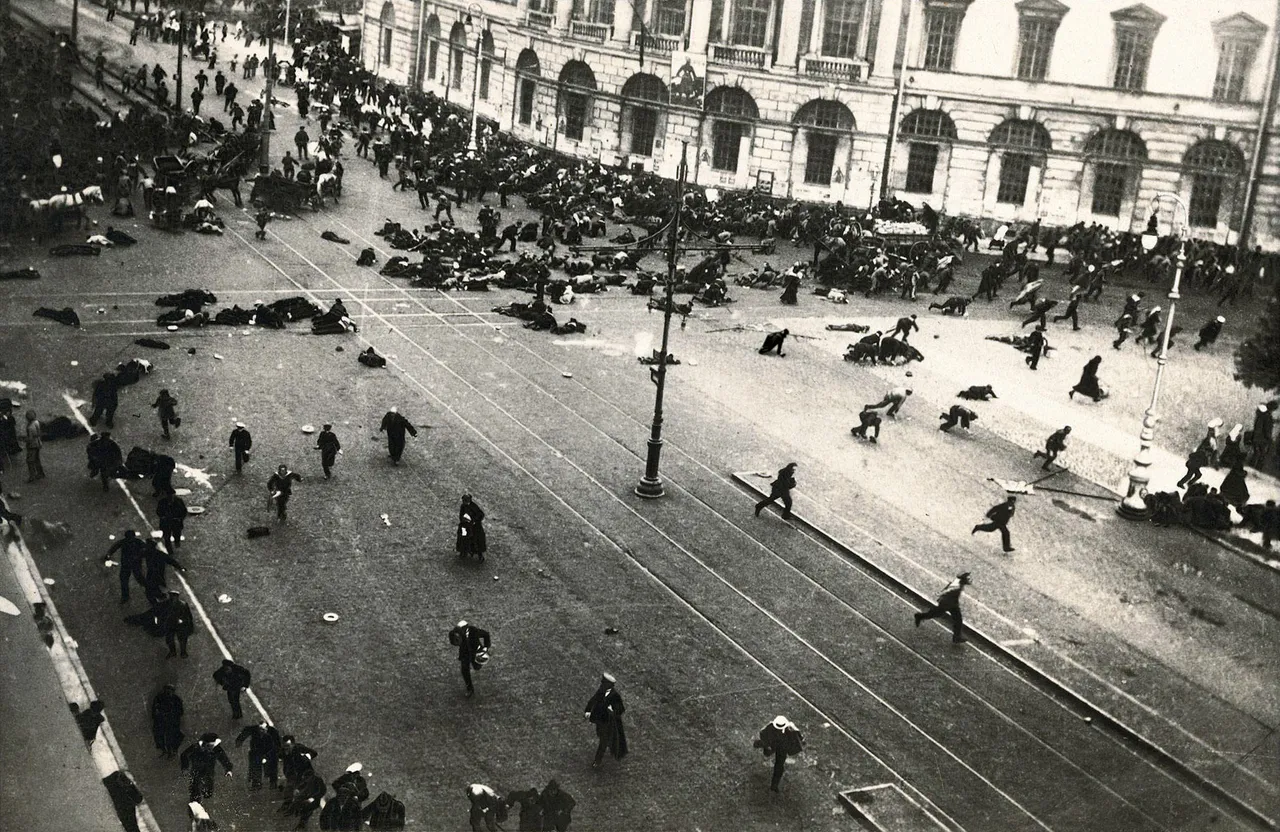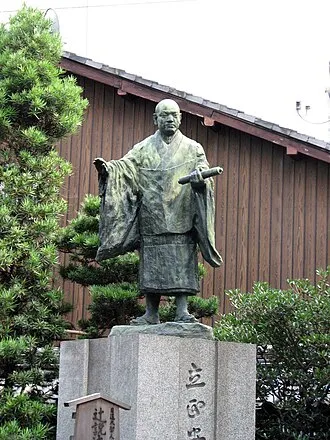Japanese Christian eschatology?
I'm trying to cross language and cultural barriers by talking to @valued-customer. But right now, I'm struggling in gelatin.😄
It was really hard for an American elementary school student like me to have a conversation with a genius.
Kanji Ishiwara (石原 莞爾, Ishiwara Kanji, 18 January 1889 – 15 August 1949) was a general in the Imperial Japanese Army in World War II. He and Itagaki Seishirō were the men primarily responsible for the Mukden Incident that took place in Manchuria in 1931.
With my current English speaking skills, it seems difficult to explain the life and thoughts of Kanji Ishiwara (Ishiwara Kanji, 18 January 1889 – 15 August 1949) to him.😅
Ishiwara was born in Tsuruoka City, Yamagata Prefecture, into a samurai class family. His father was a police officer, but as his clan had supported the Tokugawa bakufu and then the Northern Alliance during the Boshin War of the Meiji Restoration, its members were shut out of higher government positions.
At 13, Ishiwara was enrolled in a military preparatory school. He was subsequently accepted at the 21st class of the Imperial Japanese Army Academy and graduated in 1909. He served in the IJA 65th Infantry Regiment in Korea after its annexation by Japan in 1910, and in 1915, he passed the exams for admittance to the 30th class of the Army Staff College. He graduated second in his class in 1918.[2]
Ishiwara spent several years in various staff assignments and then was selected to study in Germany as a military attaché. He stayed in Berlin and in Munich from 1922 to 1925, focusing on military history and military strategy. He hired several former officers from the German General Staff to tutor him, and by the time that he returned to Japan, he had formed a considerable background on military theory and doctrine.
Prior to leaving for Germany, Ishiwara had converted to Nichiren Buddhism. Nichiren had taught that a period of massive conflict would precede a golden era of human culture in which the truth of Buddhism would prevail. Japan would be the center and main promulgator of the faith, which would encompass the entire world. Ishiwara felt that the period of world conflict was fast approaching, and Japan, relying upon its vision of the kokutai and its sacred mission to "liberate" China, would lead a unified East Asia to defeat the West.[3]
Ishiwara was also the leader of a semi-religious and Pan-Asianist organization, the East-Asia League Movement (Tōarenmei undō).[4]
I decided to write first about why Kanji Ishiwara (石原 莞爾, Ishiwara Kanji, 18 January 1889 – 15 August 1949) foretold the decline and fall of European empires.
1914–1918 global war, centered in Europe, between the Allied and Central PowersWorld War I, often abbreviated as WWI or WW1, also known as the First World War or the Great War, was a global war that began on 28 July 1914 and ended on 11 November 1918. It involved much of Europe, as well as Russia, the United States and Turkey, and was also fought in the Middle East, Africa and parts of Asia. One of the deadliest conflicts in history, an estimated 9 million were killed in combat, while over 5 million civilians died from occupation, bombardment, hunger or disease.[4] The genocides perpetrated by the Ottomans and the 1918 Spanish flu pandemic spread by the movement of combatants during the war caused many millions of additional deaths worldwide.[5][6]
Kanji Ishiwara (石原 莞爾, Ishiwara Kanji, 18 January 1889 – 15 August 1949) witnessed World War I and was shocked by the brutality, cruelty and barbarism of Europeans.
During World War I, European Christians massacred, raped, looted, and set fire to each other. Europeans boasted of being the most superior and civilized races in the world, but their savagery and brutality outweighed non-Christians.
He witnessed that Europeans had forgotten the brotherly love Jesus spoke of. He thought that Japanese Buddhists were more humanly good than Christian Europeans.
He was convinced that European Christians had fallen. Because Christianity had fallen, he argued, European civilization would collapse.
The corruption, and immorality of European Christians were far worse than those of Japanese Buddhists.
Crowd scattered by gunfire during the July Days in Petrograd, 17 July 1917The Russian Revolution was a period of political and social revolution that took place in the former Russian Empire and began during the First World War. Commencing in 1917 with the fall of the House of Romanov and concluding in 1923 with the Bolshevik establishment of the Soviet Union (at the end of the Russian Civil War), the Russian Revolution was a series of two revolutions: the first of which overthrew the imperial government and the second placed the Bolsheviks in power.
In particular, the birth of an atheistic Soviet Union against Christianity reveals the limitations of European Christian civilization.
He predicted that the birth of an atheistic Soviet Union exposed the limitations of European Christian civilization and would eventually lead to the destruction of European Christian civilization.
The European overlords and the Soviet Union will eventually start a new war. He argued that World War II would break out, resulting in the collapse of European empires.
If Europe's fallen Christian empires and the atheistic Soviet Union go to war with each other, European civilization will collapse. When European civilization collapses, the Japanese Empire will become the leader of the new world.
However, the Christian empire of the New World America will only grow stronger if the European empires collapse.



Unlike the fallen Christians in Europe, Americans are the purest and most fanatical Christians.
The Christian faith in Europe has already fallen and is collapsing, but the Christian faith in America is burning hotter.
So, while European empires are in decline, America will become even stronger.
After the European empires are destroyed by war, the United States will attempt to Christianize and conquer all of Asia.
Because Americans are convinced that if they Christianize the whole world, Jesus will give them infinite blessings.
So, The Christian Empire The United States will become the greatest enemy of the Japanese Empire.

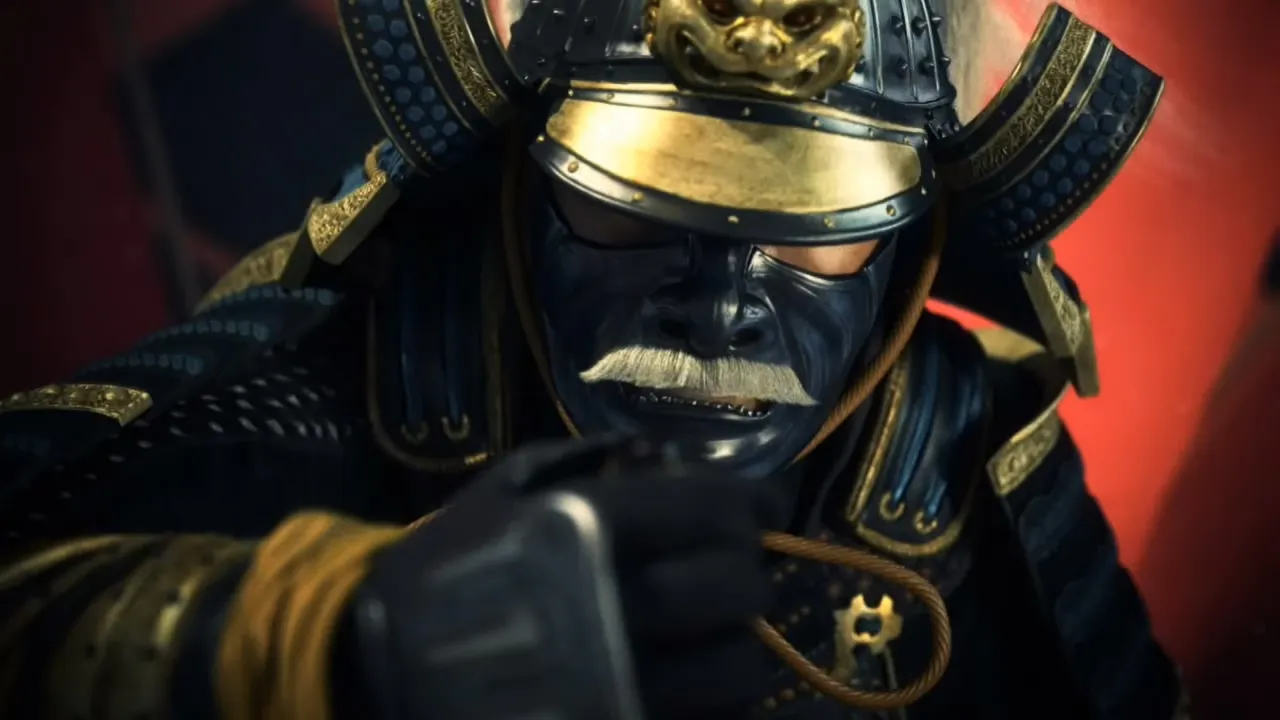
Kanji Ishiwara (石原 莞爾, Ishiwara Kanji, 18 January 1889 – 15 August 1949) argued that the Japanese Empire should wage the war of Armageddon with the Christian Empire USA in order to defend Asian civilization.
He predicted that the birth of an atheistic empire of the Soviet Union would lead to the collapse of European empires.
However, the Christian empire America will only grow stronger through the collapse of Europe.
The Soviet Union is a poor empire, but the United States is the richest empire in the world. So, America has the power to conquer all of Asia.
So, the Japanese Empire must defeat the Christian empire America in order to become the greatest being in the world.
Kanji Ishiwara (石原 莞爾, Ishiwara Kanji, 18 January 1889 – 15 August 1949) prophesied that the birth of an atheistic Soviet Union would lead to the collapse of European Christian civilization, and consequently America would become the center of Christian civilization.
His ideas are expressed in 1940 Sekai Saishū Senron (世界最終戦論), or On World Final War (Armageddon) in english.
I hope you understand that the above articles are all my personal research and I cannot provide the source.
Ps: I have often imagined that if there was a king of America, he would probably resemble @roleerob. 😄
I pray that Your Majesty will grant me lenient permission for my use of his photos without his permission.🙏
Nichiren Buddhism (Japanese: 日蓮仏教) is a branch of Mahayana Buddhism based on the teachings of the 13th-century Japanese Buddhist priest Nichiren (1222–1282) and is one of the Kamakura Buddhism schools.[1]: 239 [2] Its teachings derive from some 300–400 extant letters and treatises either authored by or attributed to Nichiren.[3][4][5]
Nichiren Buddhism generally sources its basic doctrine from the Lotus Sutra claiming that all sentient beings possess an internal Buddha-nature capable to gain Buddhahood in current life existence. There are three essential aspects to Nichiren Buddhism:
